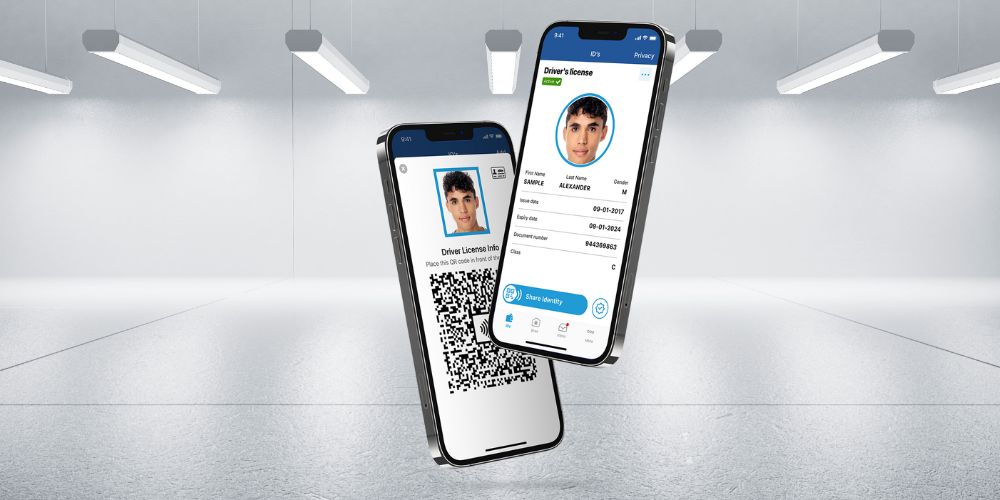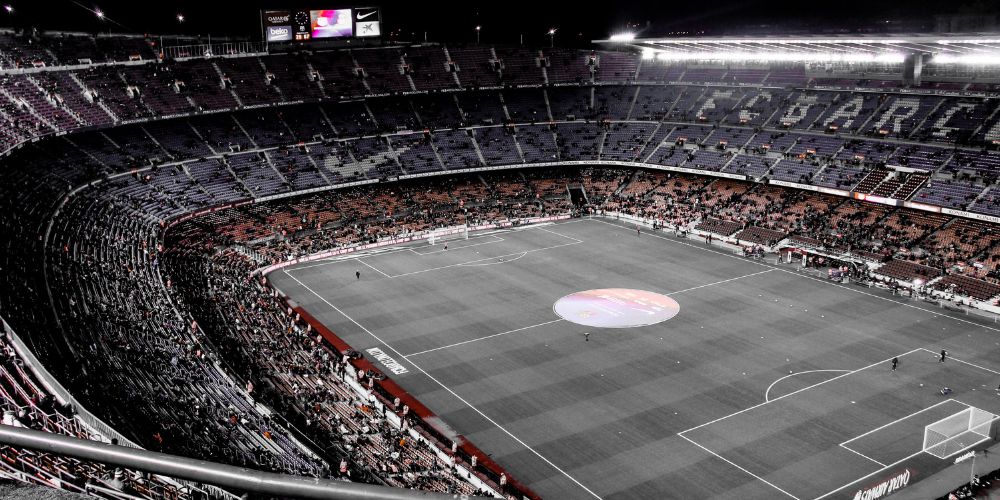Anúncios
In the digital age, where our most precious memories are captured and stored on electronic devices, the accidental loss of photos can be devastating.
How to Recover Excluded Photos >>
Whether due to human error, device failure, or accidental formatting, losing important photos can cause significant distress.
Anúncios
Fortunately, there are solutions available to reverse this situation.
Various apps offer the possibility to recover deleted photos, bringing those valuable memories back to your album.
Anúncios
In this article, we’ll explore the best apps for photo recovery, their features, and how they can help you retrieve your memories.
Why Do Photos Get Deleted?
Before diving into the apps, it’s important to understand why photos might get deleted. The most common reasons include:
- Accidental deletion: The user deletes the photo unintentionally, believing it was saved elsewhere.
- Device formatting: Sometimes a device is formatted to fix technical issues, and photos get lost in the process.
- Software failures: System updates or bugs can unexpectedly cause data loss.
- Malware attacks: Viruses and other types of malware can damage files and cause data loss.
Regardless of the reason, the impact is the same: the urgent desire to recover the lost photos.
How Do Photo Recovery Apps Work?
Photo recovery apps work by accessing areas of the device’s storage where deleted data still resides.
When a photo is deleted, it is not immediately removed from the device; instead, the space it occupies is marked as available for new data.
Until new data is written over that space, the photo can still be recovered.
These apps scan the device for these “lost” data and offer the possibility to restore them.
However, the effectiveness of the recovery depends on several factors, such as the time elapsed since deletion and the subsequent use of the device.
Top Apps for Photo Recovery
1. DiskDigger
DiskDigger is an excellent option for Android users needing to recover photos. The app is intuitive and easy to use, allowing you to recover photos and images from memory cards and internal storage. DiskDigger offers a free version that allows basic photo recovery, while the Pro version adds the ability to recover other types of files and upload directly to cloud services.
- Pros: Ease of use, direct recovery to cloud.
- Cons: Limited features in the free version.
2. Dr.Fone – Data Recovery
Dr.Fone is a comprehensive data recovery solution available for both Android and iOS. In addition to photos, it can recover videos, messages, contacts, and other types of data. Dr.Fone is known for its user-friendly interface and high success rates in data recovery.
- Pros: Compatibility with multiple file types and devices, user-friendly interface.
- Cons: High cost of the full version.
3. EaseUS MobiSaver
EaseUS MobiSaver is another excellent option for recovering photos on Android and iOS devices. It offers a simple interface that makes the data recovery process easy, allowing you to recover deleted photos with just a few clicks. The desktop version of EaseUS provides an even broader range of features, including data recovery from damaged devices.
- Pros: Easy to use, data recovery from damaged devices.
- Cons: Some features are limited in the free version.
4. PhotoRec
PhotoRec is an open-source tool that can be used on multiple platforms, including Windows, macOS, and Linux. Although the interface is not as intuitive as the previous apps, PhotoRec is extremely powerful and can recover a wide range of file formats, not just photos.
- Pros: Powerful and versatile, free.
- Cons: Requires technical knowledge for effective use.
5. Recuva
For Windows users, Recuva is one of the most popular options. Developed by the creators of CCleaner, this software is effective at recovering deleted photos from hard drives, memory cards, and USB drives. It offers a free version with basic features and a professional version with additional tools.
- Pros: Wide compatibility, user-friendly interface, free version.
- Cons: The free version has limited features compared to the Pro version.
Tips to Increase Recovery Success
To maximize your chances of recovering deleted photos, follow these tips:
- Act quickly: The sooner you try to recover the files, the higher the chances of success.
- Avoid using the device: Avoid saving new data to the device until the photos have been recovered.
- Use reliable apps: Choose apps that are well-rated and have a good reputation in the market.
- Make regular backups: Prevention is the best solution. Keep regular backups of your photos on cloud services or external devices.
Conclusion
Losing photos can be a distressing experience, but with the right tools, you have a good chance of recovering your memories. Apps like DiskDigger, Dr.Fone, EaseUS MobiSaver, PhotoRec, and Recuva offer effective solutions for restoring deleted photos, each with its own features and advantages. By acting quickly and choosing the right tool for your device, you can save those valuable memories and ensure they remain safe in the future.


